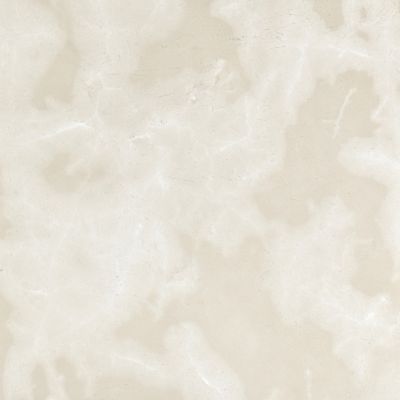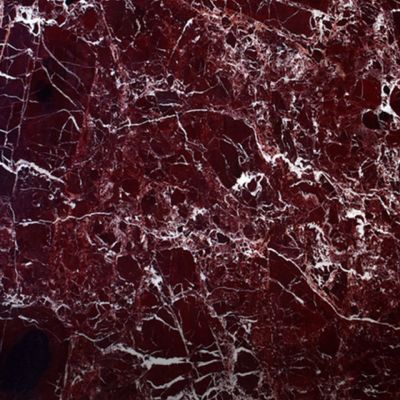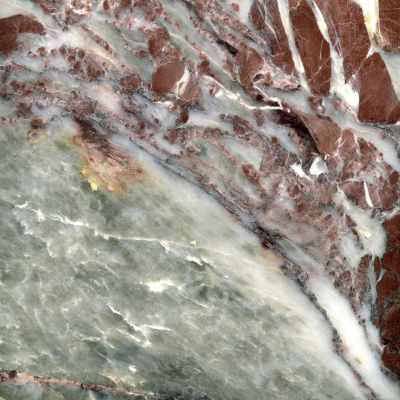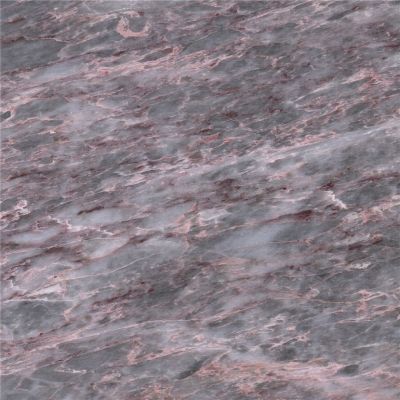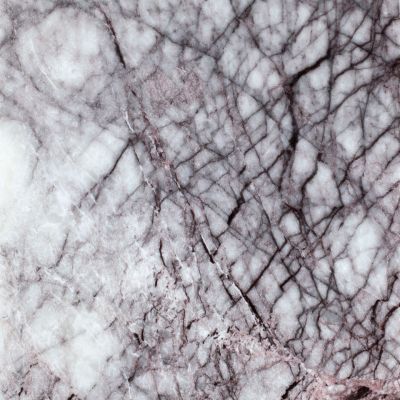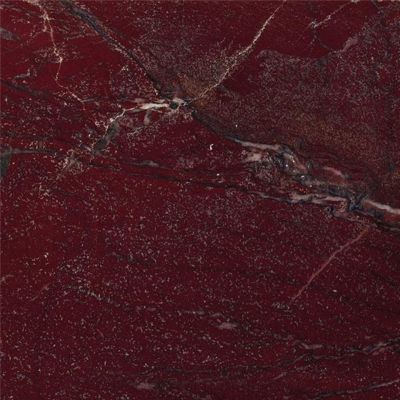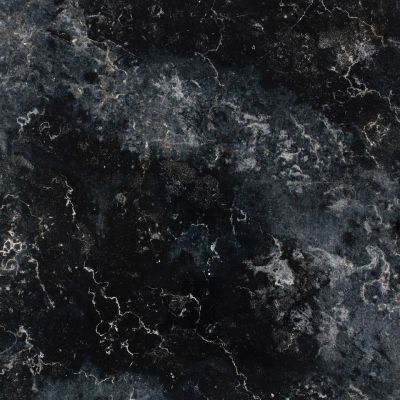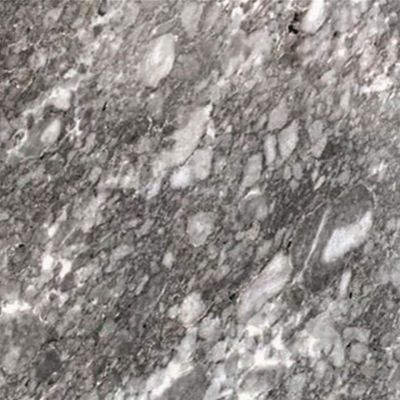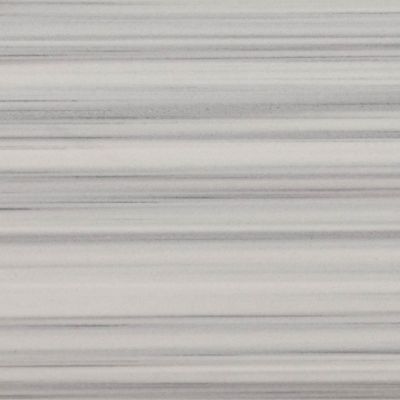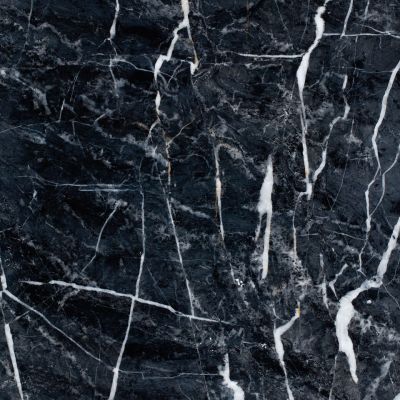Turkish Marbe: Nature's Art
Natural stone is the oldest construction material used by man. From ancient times until today, natural stones have played an important role in Turkish industry and architecture.
Marble has been processed and used by all civilizations in Anatolia. Since ancient times marble has been used as an architectural decoration in order to beautify the floors and walls of palaces, temples and public areas. The statues and monuments dating back to the Hittites, Greek and Roman amphitheaters, arenas and other works of art; the palaces, baths, caravanserais, mosques and medreses of the Seljuk Turks, and Ottoman mosques, minarets and fountains all prove that marble has been extensively used in Anatolia.
The Roman, Seljuk and Ottoman empires in particular used marble in their buildings. Two of the seven ancient wonders of the world are in Bodrum and Ephesus. The most famous was the Temple of Artemis, which was one of Seven Wonders of the World. It was the first temple in ancient world that was made of marble. The second one is Mausoleum of Halicarnassus which was a tomb built between 353 and 350 BC at Halicarnassus. It was made of alabaster and stood approximately 45 meters (135 feet) in height. The Aspendos theatre in Side, in the south part of Turkey, is the best-preserved Roman theatre. It was made of calcareous stone. It seats 15,000 persons and has remained intact for 1800 years while earthquakes, wars and time have destroyed most of the surrounding monuments.
The natural stone industry consists of basic stones such as marble, granite and other natural building stones such as limestone, travertine, basalt, sandstone, serpentine, diabase, and slate. In addition to these stone varieties, in recent years slate stone, pebble stone and tufa are coming to the forefront in Turkey’s stone production and export.
Today natural stone and stone products are used by different end-users. The main end- users are stone processing industry, the building industry and the consumer market. The main uses of natural stone are tiles for floors and paving, special works such as balustrades, columns, fireplaces, fountains, gravestones, structural works like sets and curb stones, internal & external wall cladding and stairs/steps.
Turkey is a land of marble ….
In terms of natural stones, and especially marble, Turkey has ample resources since it is located in the Alp’s mountain range. Turkey has been one of the oldest marble producers in the world with its 4,000 years of background in marble production starting on the Marmara Island.
Turkey has immense reserves of marble, travertine, onyx, conglomerate, breccia and magmatic rocks. Turkey’s total marble reserves are estimated at about 5.2 billion m3 –13.9 million tons. Turkey has an exploitable reserve of 4 billion m3 for marble deposits; the same figure is 2.8 billion m3 for travertine and 1 billion m3 for granite. According to estimates, Turkey has 40 percent of the world’s total marble reserves. Having a considerable and quite diverse mineral base, Turkey has one of the world's largest natural stone reserves, which is considered excellent quality and exclusive due to great variety of colors and textures.
Turkey is among the world’s most important natural stone manufacturers with its huge reserves and well-developed processing industry.
COMMON CHARACTERISTIC PROPERTIES OF TURKISH MARBLES
-
Qualityfree from any cracks or other defects
-
Colorthere is a wide range of colors, which allows a wide range of choice
-
Sizessufficient to yield big blocks
-
Uniformityconsistency in quality
-
Patterndecorative arrangements of colors and crystal composition are possible Good technical properties result in natural resistance to air pollution, wear and dirt.
Besides these common properties, every marble has its specific colors and composition, which make it possible to use them in the production of exclusive products.
Important reserves of marble are located in all regions of Anatolia and Thrace. Reserves are concentrated in Afyon, Balıkesir, Denizli, Tokat, Muğla and Çanakkale.
THE BEST-KNOWN VARIETIES OF TURKISH MARBLE
-
Burdur Beige :
Burdur Beige Marble products makes a statement in the application of classical Turkish stones. As a design component, marble is never outdated, given its timeless elegance and ease of use. Marble is a very classical environment for your prestige's project. Maintaining historical perspective, marble was a central part of ancient Ottoman , Greek and Roman architecture. It remains a serious element in today’s design world.
-
Elazığ Cherry :
Elazığ cherry is made of serpentine and carbonated ultra-basic rocks. Red- green pebbles are attached with the same colored cement. It can be used in interior /exterior plating and decoration. Some structural fissures are found in blocks.
-
Supren :
It generally shows cataclastic texture and gray-white colors, which have red-pink and yellow veins, zones and patches. It can be used in interior / exterior plating, floor covering and decoration.
-
Leopard (Salome) :
This marble of generally cataclastic texture has red-yellow veins, knots and zones in a white background. It can be used in interior/exterior plating, floor covering and decoration.
-
Milas Kavaklıdere :
It has a white color and occasional purple veins. There are some localized fractures in blocks.
-
Aegean Bordeaux :
It can be used in interior/exterior plating and decoration. There are some localized fractures in the block, gives good plates. Cutting sides and corners and shaping are difficult. It can be split at the fissures during polishing.
-
Aksehir Black :
This marble showing cataclastic texture in general, has white calcite veins and brown styoliths and can be used in interior /exterior plating or decorative arrangements. It can be easily cut and polished.
-
Thracian Granite :
It can be used in interior / exterior plating, floor covering or decoration. Its suitability for taking blocks and plates and cutting sides and corners is good, while the ability to shape and polish is normal. The cutting rate is slow.
-
Ayvalık Granite :
It can be used in interior / exterior plating, floor covering or decoration. Its suitability for taking blocks and plates and cutting sides and corners is good, while the ability to shape and polish is normal. Cutting can be slow.
-
Afyon White :
It contains occasional yellow veins. Its suitability for taking blocks and plates and cutting sides and corners, polishing and the shaping and the cutting rate are excellent. There is no risk of rusting.
-
Afyon Tigerskin :
Its suitability for extracting blocks and plates, cutting sides and corners, the shaping, and the cutting rate are all good. There is no rusting risk. Suitability for polishing is normal. This marble has breccia-like formations including light knots and elements embedded in dark-gray masses.
-
Marmara White :
Its suitability for making blocks and plates, cutting sides and corners and cutting rate are all-good. There is no rusting risk.
-
Mustafa Kemalpasa White:
This marble is made of large calcite crystals manifesting grano blasting texture and pressure twinning and has a white color. It can be used in interior / exterior plating, floor covering and decoration. Its suitability for taking blocks and plates, cutting sides and corners, the shape ability and the cutting rate are all-good. There is no rusting.
-
Karacabey Black :
Some structural fissures have been observed in blocks. It can be used in interior plating and decoration. Its suitability for taking plate and the cutting rate are normal. The suitability for cutting sides and corners is good. There is no risk of rusting.
PRODUCTION
Quality and exclusivity are the major characteristics of Turkish marbles
More than 1.500 marble quarries, 2.000 factories and about 9.000 workshops operate in the sector. Ninety per cent of quarries are located in the west of Anatolia, mainly in the Aegean and Marmara Regions.
The production of natural stones in Turkey has grown rapidly in the last decade. Large-scale private companies invested in integrated processing plants, which resulted in developments in the local market. With the introduction of modern production equipment and methods, Turkey has become one of the world’s prominent natural stone producers.
The increases in production, the vitality of the construction sector in the domestic market and the presence of new technologies have contributed to the widespread use of natural stone as a construction material. Parallel with the increase in both domestic and foreign/international demand, the Turkish marble industry has shown very good performance in terms of quality and production capacity.
Turkish marble manufacturers are aware of the importance of quality. They use the world’s most advanced, electronic and completely automatic machines. Most companies have a large machinery park, and in the marble quarries, the latest technology and high-tech machines are being used. The processing plants are capable of producing tiles, cutting in all commercially required sizes and quality standards.
Turkey’s total production capacity of marble is 6.5 million m2 and for granite 10, 5 million m2. In last years, marble production increased sharply. According to data from MIGEM (The General Directorate of Mining Affairs), major products which are produced in Turkey are marble, travertine, basalt and andesite. Granite production is the other important item in stone industry.
Granite, generally used in developed countries because of its characteristic properties, has begun to be widely used in Turkey, too. Today it is extensively used for the inner and outer decorations of buildings because of its appearance, durability against external conditions and high resistance to wear. In Turkey, in addition to large marble reserves, there are also granite reserves in many cities including Ordu, Rize, Trabzon, Balıkesir, Kırklareli, Kırşehir, Bolu, İzmit, Çanakkale and İzmir.
Though the natural stone quarrying and processing sector in Turkey is mainly composed of small and medium-sized companies, these companies are well organized under producers’ associations and exporters’ unions.
Natural stones produced in Turkey are manufactured in accordance with international standards. Companies affix the "CE Mark" in compliance with the Construction Products Directive of EU, which has been in force in Turkey since 2007.
Turkish marble has been widely used in world-famous places due to its different color scales and quality. In the entrance hall of St. Peters church, which is one of the most important churches in Vatican, marble from Afyon Iscehisar has been used in columns and coverings. In the White House, USA, Elazığ cherry has been used in the place where the press statements are made. Some of the other places that Turkish marble has been used in the construction are the German and French Statehouses and the United States Congress Building. In Disneyland, the most famous amusement park in the world, 18 thousand m2 of Turkish marble are used. In addition to these, many luxury hotels prefer to use Turkish marble in their floor coverings.
With its vast reserves, advanced processing techniques and capacity, Turkey is one of the world’s important centers of the natural stone industry. These stones and marble processing technology are exhibited in international and local fairs organized in Turkey.
EXPORTS
Natural stone exports have developed rapidly in the last decade. Turkish stone can be found in the buildings and sidewalks of 200 different countries. The total value of natural stone exports reached US$ 2 billion in 2017. Almost half of Turkish natural stone exports are made to China with 46,3 %. The other important trading partner is USA with a share of 14 %, which is followed by Saudi Arabia, Iraq, India and UAE.
Highest value of exports belongs to block marble with 53,7 %. Block marble ranks first with a USD 1.098 million export value. In 2017, the main countries that Turkey exported block marble to were the China, India, Italy, Taiwan, Vietnam and Egypt.
Processed marble ranked second with 44 % of all natural stone exports amounting to US$ 900 million in 2017. USA, Saudi Arabia, Iraq France, Israel and UAE are the major buyers of processed marble from Turkey.
Granite exports totaled US$ 11 million in 2017. The most important markets for these items are Germany, Switzerland, Turkmenistan, Georgia and Kazakhstan.
| HS Code |
Product Group | 2015 | 2016 | 2017 | Growth % 2016/2017 | Share % 2017 | |||||
|---|---|---|---|---|---|---|---|---|---|---|---|
| Q |
V |
Q |
V |
Q |
V |
Q |
V |
Q |
V |
||
| 251511 251512 |
Block Marble | 4.321 | 864 | 4.341 | 855 | 5.638 | 1.098 | 29,9 | 28,4 | 70,6 | 53,7 |
| 680221 680291 |
Processed Marble | 1.981 | 980 | 1.980 | 893 | 2.152 | 900 | 8,7 | 0,8 | 26,9 | 44 |
| 251611 251612 |
Block Granite | 74 | 5 | 67 | 6 | 60 | 5 | -10,4 | -16,7 | 0,8 | 0,2 |
| 680223 680293 |
Processed Granite | 17 | 8 | 15 | 5 | 13 | 6 | -13,3 | 20 | 0,2 | 0,3 |
| 251400, | |||||||||||
| 251520, | |||||||||||
| 251620, | |||||||||||
| 251690, | |||||||||||
| 680100, 680210, |
Others | 135 | 45 | 133 | 42 | 123 | 36 | -7,5 | -14,3 | 1,5 | 1,8 |
| 680229, | |||||||||||
| 680292, | |||||||||||
| 680299, | |||||||||||
| 680300 | |||||||||||
| Total | 6.528 | 1.902 | 6.536 | 1.801 | 7.986 | 2.045 | 22,2 | 13,5 | 100 | 100 | |
Natural Stone Exports by Countries (Value: US$ Million)
| 2015 | 2016 | 2017 | Growth % in Value 2016/2017 |
Share % 2017 | |
|---|---|---|---|---|---|
| China | 727.160 | 729.893 | 945.781 | 29,6 | 46,3 |
| USA | 324.480 | 288.011 | 294.394 | 2,2 | 14,4 |
| Saudi Arabia | 113.446 | 119.001 | 104.546 | -12,1 | 5,1 |
| Iraq | 81.412 | 70.808 | 63.490 | -10,3 | 3,1 |
| India | 62.791 | 55.060 | 84.819 | 54 | 4,1 |
| United Arab Emirates | 50.353 | 49.772 | 52.597 | 5,7 | 2,6 |
| Israel | 42.076 | 47.796 | 53.654 | 12,3 | 2,6 |
| France | 43.726 | 45.141 | 51.837 | 14,8 | 2,5 |
| Canada | 37.197 | 31.126 | 30.812 | -1 | 1,5 |
| Australia | 31.426 | 30.993 | 35.788 | 15,5 | 1,8 |
| United Kingdom | 31.373 | 25.511 | 23.984 | -6 | 1,2 |
| Germany | 23.088 | 22.198 | 23.113 | 4,1 | 1,1 |
| Italy | 13.029 | 15.679 | 17.712 | 13 | 0,9 |
| Kuwait | 16.196 | 13.415 | 15.667 | 16,8 | 0,8 |
| Indonesia | 17.103 | 10.653 | 8.266 | -22,4 | 0,4 |
| Taipei, Chinese | 13.353 | 10.485 | 8.906 | -15,1 | 0,4 |
| Egypt | 9.687 | 10.129 | 9.532 | -5,9 | 0,5 |
| Qatar | 13.459 | 9.588 | 10.970 | 14,4 | 0,5 |
| Algeria | 7.186 | 9.022 | 4.816 | -46,5 | 0,2 |
| Turkmenistan |
18.724 |
8.946 |
9.435 |
5,5 |
0,5 |
| Top 20 Total | 1.677.265 | 1.603.227 | 1.850119 | 15,4 | 90,5 |
| Total | 1.902.735 | 1.801.217 | 2.044.859 | 13,5 | 100,0 |
